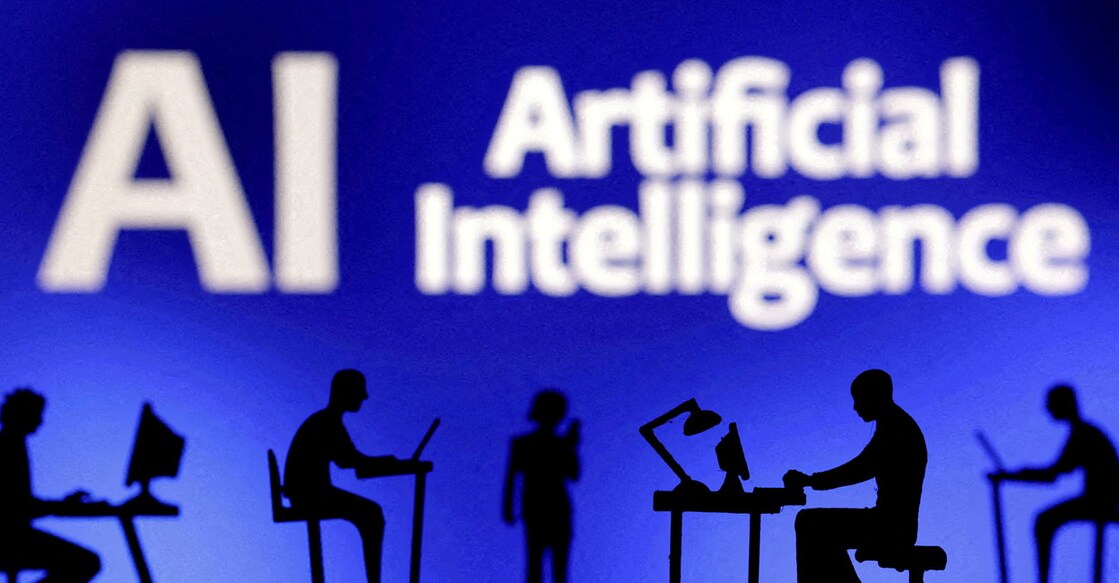Will AI take over your job? The roles most threatened by technology

Mail This Article
AI has been making significant strides in recent years, driven by advances in machine learning, natural language processing, and robotics. These technologies enable machines to perform tasks that were once thought to be exclusively within the realm of human capabilities. From automating repetitive tasks to providing insights through data analysis, AI is becoming an integral part of many business operations.
As artificial intelligence (AI) continues to evolve, the question on many people's minds is: will AI take over my job? The integration of AI tools into various industries is reshaping the workforce landscape, creating both opportunities and challenges. This article explores the roles that are most threatened by the rise of AI and the implications for workers in these fields.
- Graphic designers
AI-powered design tools can generate logos, layouts, and other design elements with minimal human input, posing a threat to traditional graphic design jobs. - Writers and journalists
AI can now produce written content, from news articles to marketing copy, reducing the demand for human writers. Automated journalism is already being used to generate news reports and summaries. - Video editors
AI-driven video editing software can automatically edit videos by selecting the best clips, adding transitions, and even generating subtitles, impacting the role of traditional video editors. - Assembly line workers
AI-powered robots and automated systems are increasingly taking over tasks such as assembling products, packaging, and quality control. This trend is reducing the need for human labour in many manufacturing plants. - Machinists and machine operators
Machines equipped with AI can now perform complex machining tasks with precision, reducing the demand for human operators. - Call centre agents
AI-driven chatbots and virtual assistants are capable of handling customer inquiries, resolving issues, and providing information without human intervention. This shift is particularly evident in industries like telecommunications and e-commerce. - Retail workers
Self-service kiosks and automated checkout systems are becoming more prevalent in retail stores, reducing the need for cashiers and floor staff. - Data entry clerks
I algorithms can process and input data much faster and more accurately than humans, diminishing the need for manual data entry. - Administrative assistants
Scheduling, email management, and other routine administrative tasks can now be performed by AI-powered tools, reducing the demand for human assistants. - Accountants and auditors
AI tools are capable of analysing financial data, detecting anomalies, and generating reports, which threatens traditional accounting roles.
How to survive the AI wave
While the rise of AI presents a threat to certain jobs, it also creates opportunities for new roles and industries. The key to navigating this transition lies in adaptation and reskilling. Workers in threatened roles can benefit from acquiring new skills that are in demand in an AI-driven economy.
- Technical skills - Learning to work with AI technologies, understanding data analytics, and gaining proficiency in programming can open up new career paths.
- Creative and interpersonal skills - Jobs that require creativity, critical thinking, and human interaction are less likely to be automated. Investing in these skills can provide a safeguard against automation.
- Lifelong learning - Embracing a mindset of continuous learning and staying updated with technological advancements can help workers remain relevant in a rapidly changing job market.

